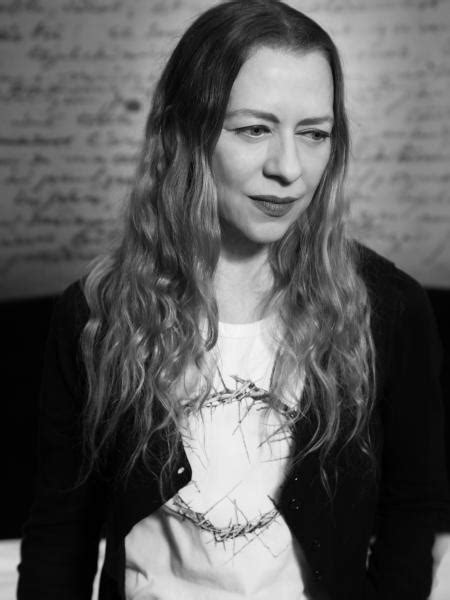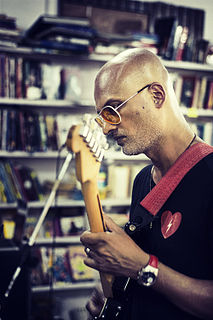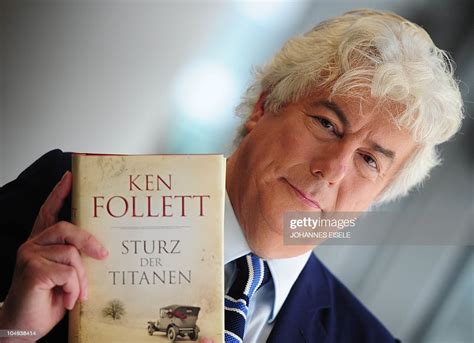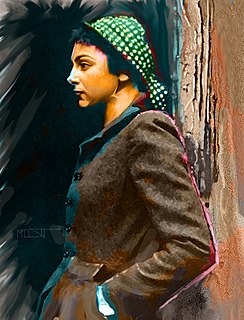A Quote by Martin Amis
The trouble with life is its amorphousness, its ridiculous fluidity. Look at it: thinly plotted, largely themeless, sentimental and ineluctably trite. The dialogue is poor, or at least violently uneven. The twists are either predictable or sensationalist. And it’s always the same beginning, and the same ending.
Related Quotes
Bears are made of the same dust as we, and they breathe the same winds and drink of the same waters. A bear's days are warmed by the same sun, his dwellings are overdomed by the same blue sky, and his life turns and ebbs with heart pulsing like ours. He was poured from the same first fountain. And whether he at last goes to our stingy Heaven or not, he has terrestrial immortality. His life, not long, not short, knows no beginning , no ending. To him life unstinted, unplanned, is above the accidents of time, and his years, markless and boundless, equal eternity.
I can make 10 jackets of the same colour, same two pockets and same length, that will look like 10 completely different jackets when you put them on. It's about the way they are cut - it makes them look and feel completely different and move differently, and that's a never-ending study. People who wear my clothes will know exactly what I mean.
Every sinner must be quickened by the same life, made obedient to the same gospel, washed in the same blood, clothed in the same righteousness, filled with the same divine energy, and eventually taken up to the same heaven, and yet in the conversion of no two sinners will you find matters precisely the same.
The way you write dialogue is the same whether you're writing for movies or TV or games. We use movie scriptwriting software to write the screenplays for our games, but naturally we have things in the script that you would never have in a movie script -- different branches and optional dialogue, for example. But still, when it comes to storytelling and dialogue, they are very much the same.
What is always overlooked is that although the poor want to be rich, it does not follow that they either like the rich or that they in any way want to emulate their characters which, in fact, they despise. Both the poor and the rich have always found precisely the same grounds on which to complain about each other. Each feels the other has no manners, is disloyal, corrupt, insensitive - and has never put in an honest day's work in its life.
You can hit a nail on the head, or cause a machine to do so, and get a fairly predictable result. Hit a dog on the head, and it will either dodge, bite back, or die, but it will never again react in the same way. We can predict only those things we set up to be predictable, not what we encounter in the real world of living and reactive processes.
Hegel seems to me to be always wanting to say that things which look different are really the same. Whereas my interest is in showing that things which look the same are really different. I was thinking of using as a motto for my book a quotation from King Lear: 'I’ll teach you differences'. ... 'You’d be surprised' wouldn’t be a bad motto either.







































